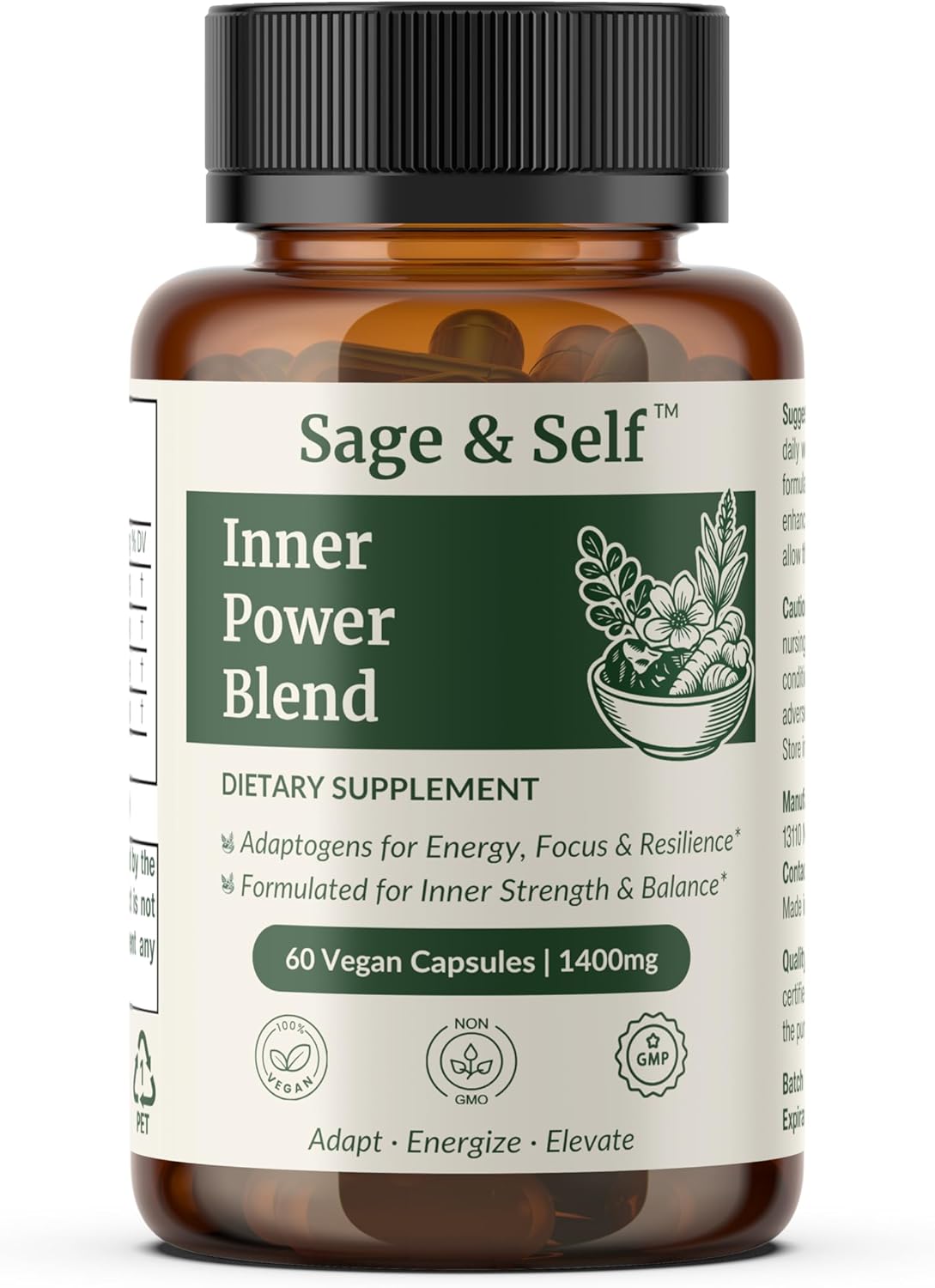In the fast-paced world we live in today, stress has become an inevitable part of life for many of us. Whether it’s due to work pressures, personal struggles, or unexpected challenges, finding effective ways to manage stress is essential. Luckily, nature offers several remedies that can help you unwind and regaining a sense of calm. In this article, we’ll explore 10 effective natural remedies for stress relief that you can easily incorporate into your daily routine.
1. Herbal Teas
Many herbal teas are renowned for their calming properties. For instance:
- Chamomile: Known for its soothing effects, chamomile tea can help you relax and improve sleep quality.
- Lavender: The aroma of lavender can reduce anxiety and promote relaxation when brewed into a tea.
Try to sip on a warm cup of herbal tea when you feel stress creeping in for a comforting break.
2. Deep Breathing Exercises
Deep breathing is a simple yet effective way to manage stress. By focusing on your breath, you can calm your mind and body. Here’s how to do it:
- Inhale deeply through your nose for a count of four.
- Hold your breath for a count of four.
- Exhale slowly through your mouth for a count of six.
Repeat this cycle for a few minutes whenever you feel overwhelmed.
3. Aromatherapy
Aromatherapy uses the power of essential oils to promote relaxation. Consider these popular scents:
- Ylang-Ylang: Known for its antidepressant properties and ability to relieve anxiety.
- Bergamot: This citrusy scent can help lower cortisol levels and uplift your mood.
Use a diffuser or simply apply diluted essential oils to your pulse points for an instant calming effect.
4. Exercise
Physical activity is a fantastic way to alleviate stress. Aim for at least 30 minutes of moderate exercise most days of the week. Benefits include:
- Releasing endorphins, which are natural mood lifters.
- Improving sleep quality.
Whether it’s a brisk walk, a yoga class, or dancing in your living room, find what you enjoy and make it a regular part of your routine.
5. Meditation
Meditation encourages mindfulness, which can help you focus on the present and reduce stress. Here are some simple steps to get started:
- Find a quiet space free from distractions.
- Sit comfortably and close your eyes.
- Focus on your breath or a mantra for 10-15 minutes.
Regular practice can significantly impact your overall mental health.
6. Healthy Diet
Your diet plays a crucial role in how you feel. Consider incorporating:
- Fruits and Vegetables: Rich in vitamins and minerals that support brain health.
- Omega-3 Fatty Acids: Found in fish like salmon, they can reduce symptoms of anxiety.
A balanced diet can provide the nutrients your body needs to cope with stress effectively.
7. Sleep Hygiene
Adequate sleep is crucial for stress management. To enhance your sleep quality:
- Establish a regular sleep schedule.
- Create a restful environment—dark, quiet, and cool.
- Avoid screens at least an hour before bedtime.
A good night’s sleep can dramatically improve your mood and resilience against stress.
8. Nature Walks
Spending time in nature can be incredibly therapeutic. Research shows that being outdoors can:
- Reduce feelings of stress and anxiety.
- Enhance your mood through exposure to natural surroundings.
Make it a habit to take regular walks in parks or nature reserves to rejuvenate your spirit.
9. Journaling
Writing about your thoughts and feelings can help you process stress. Here’s how:
- Set aside 10-15 minutes daily to write freely about your day.
- Reflect on things that made you feel grateful.
Journaling can provide clarity and emotional relief, allowing you to identify stress triggers.
10. Social Connections
Building and maintaining relationships is vital for mental health. When stress strikes, reach out to:
- Friends or family for support.
- A counselor or support group if needed.
Sharing your feelings can lighten the load and help you feel understood.
Conclusion
Incorporating these natural remedies into your daily routine can provide powerful relief from stress. From herbal teas and deep breathing to meditation and social connections, these methods not only promote relaxation but also enhance your overall well-being. Remember, it’s essential to discover what works best for you and incorporate these practices gradually into your lifestyle. By taking proactive steps to manage stress, you’ll pave the way for a healthier, more balanced life.
FAQs
1. How long does it take for natural remedies to relieve stress?
The effects of natural remedies can vary from person to person. Some may feel immediate relief, while others might require consistent practice over time. It’s important to be patient and give yourself time to notice changes.
2. Are there any side effects to using herbal teas for stress relief?
While most herbal teas are considered safe, they can cause side effects in some individuals, particularly if consumed in excess. Always check with a healthcare provider if you have concerns.
3. Can exercise alone reduce stress?
Exercise is a powerful tool for managing stress, but combining it with other remedies, like meditation and healthy eating, often yields the best results. It helps release endorphins, boosts self-esteem, and improves mood.
4. How can I stick to a meditation routine?
Start with short sessions and gradually increase the duration. Setting a specific time each day can help establish a habit. You may also consider using guided meditation apps to assist you.
5. Is it necessary to seek professional help for stress?
If you find that stress is overwhelming or persistent despite trying natural remedies, seeking professional help is a good idea. A therapist or counselor can provide support and guidance tailored to your needs.





